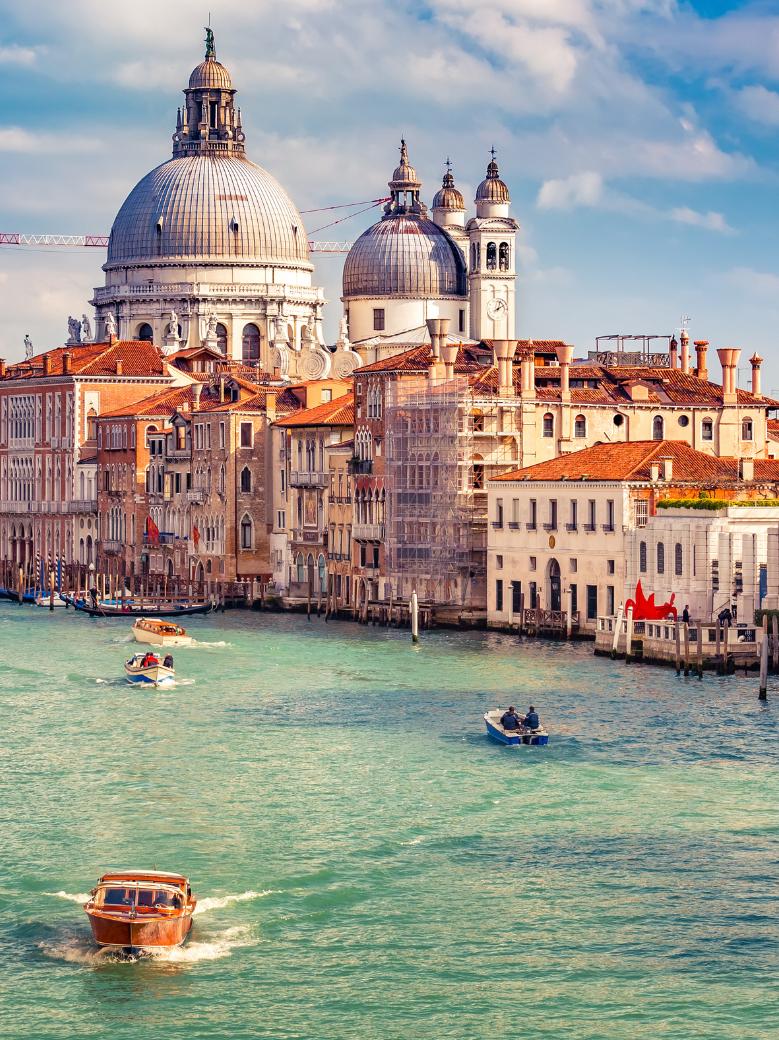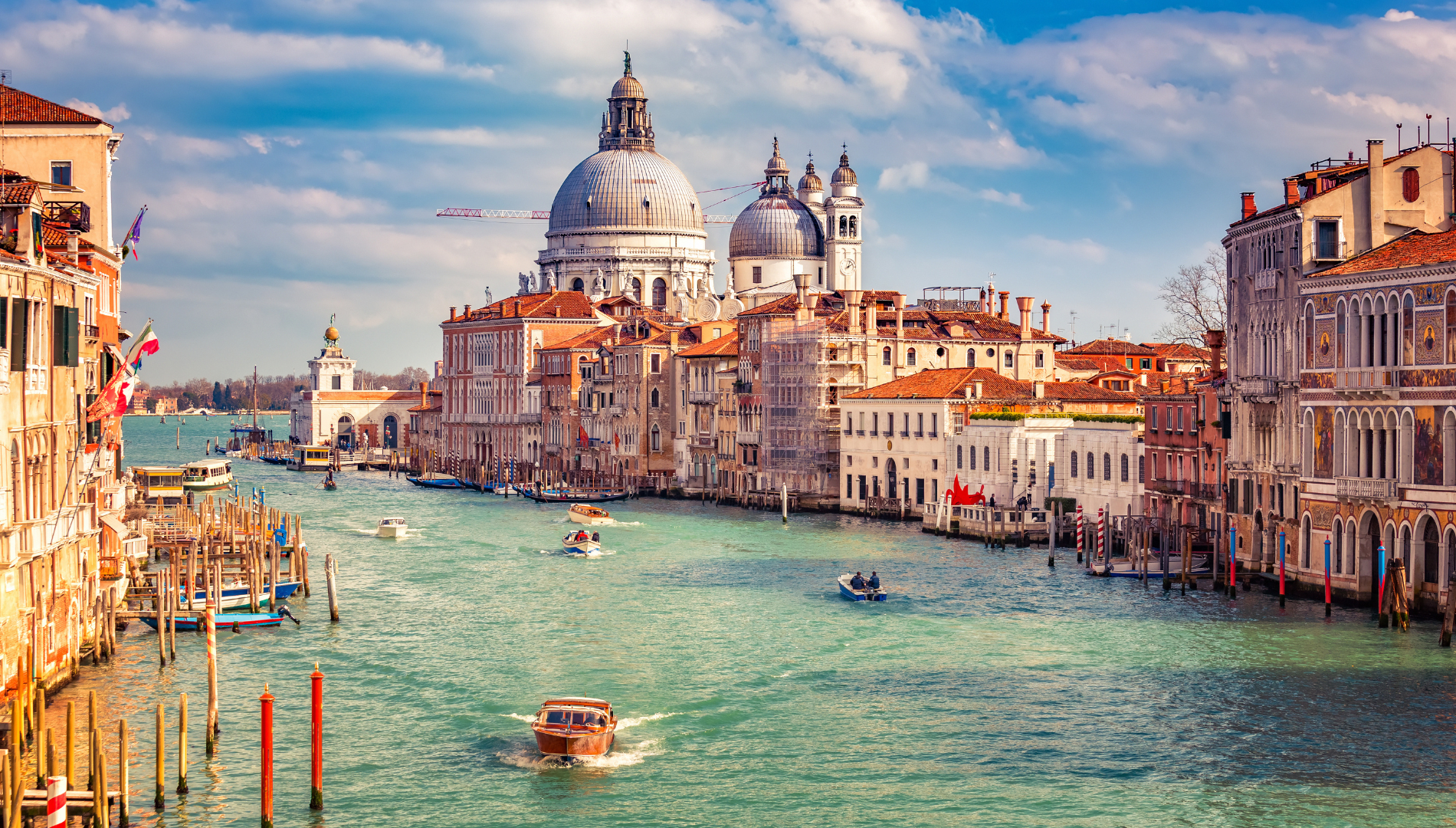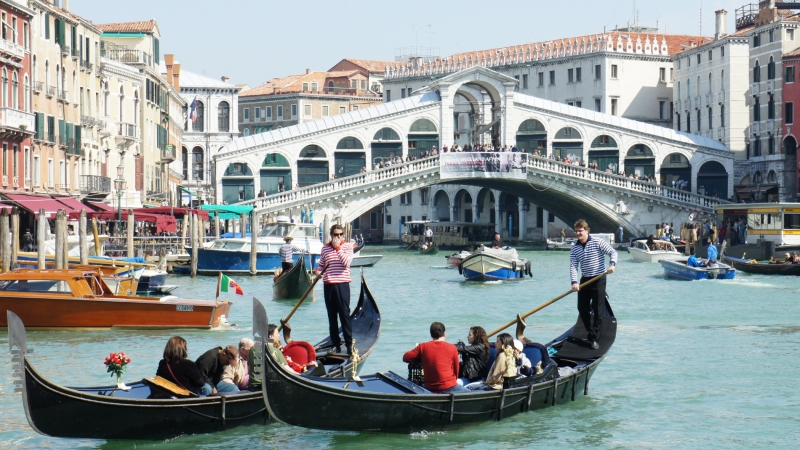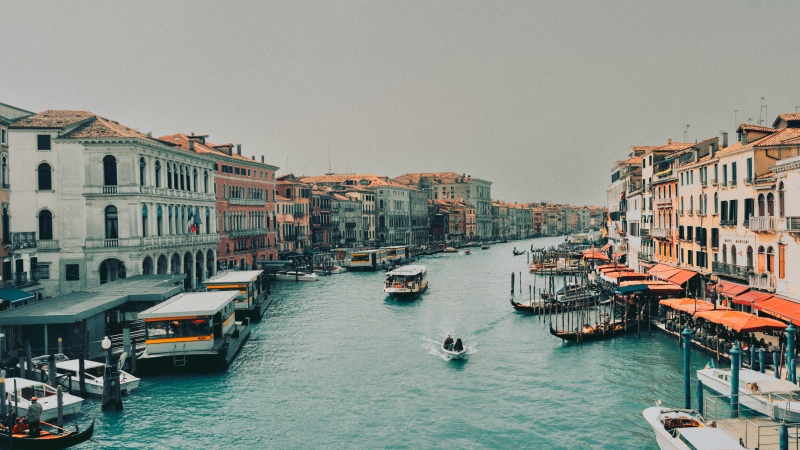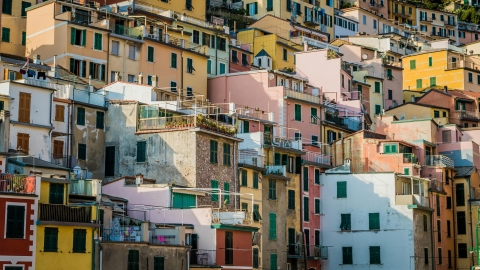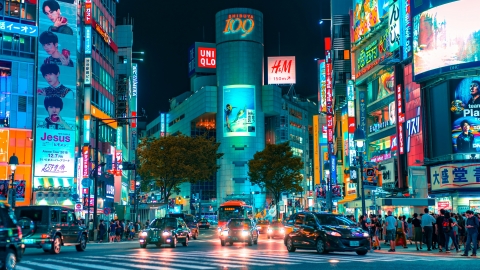Venice charges tourists a fee starting April 25th for 29 peak days of the year, mainly weekends from May to July, from 8 am to 4 pm. Visitors arriving before and after this period, those staying overnight, residents, or those coming to the city for work are exempt. Local authorities state that this fee "is not a money-making tool for the city" but is used for various social purposes.
This tax does not apply to those staying in hotels in Venice, as they are already charged a lodging tax. The exemption also applies to children under 14, local residents, students, workers, and those visiting relatives, among other groups.
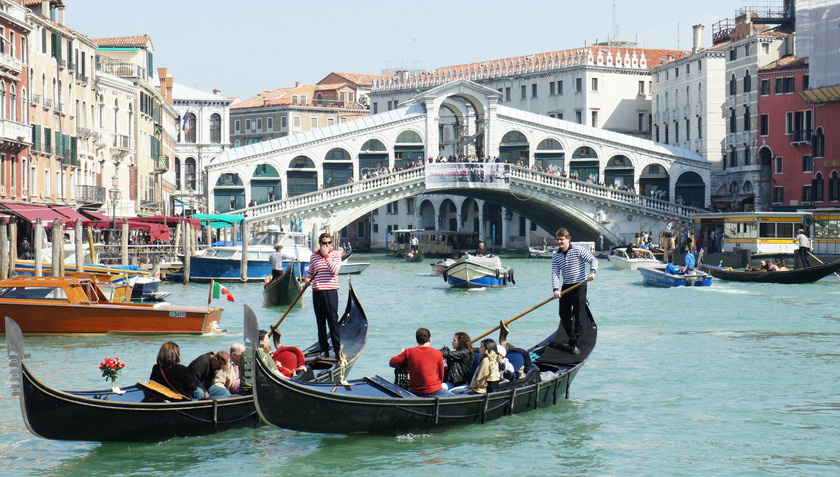
Charging fees helps the government "make some money" but "hasn't saved the soul of the city."
According to AP's calculations based on data provided by the city, nearly 450,000 tourists paid for tickets in the past two and a half months, generating an additional 2.2 million euros (2.4 million USD) in tourism revenue.
Officials said the revenue from the fee would be used to upgrade the living environment, provide essential services including garbage collection and canal maintenance, and stabilize prices. Those who intentionally evade the fee will face heavy fines, but so far no one has been caught. City officials said they wanted this trial fee collection to "launch gently," without being too harsh on tourists.
On the other hand, opponents argue that the plan fails to make the city more livable for locals when tourists are more numerous than ever.
They want policies that encourage resettlement in Venice's historic center. After decades of booming tourism, the number of beds for tourists now exceeds the number of official residents (around 50,000).
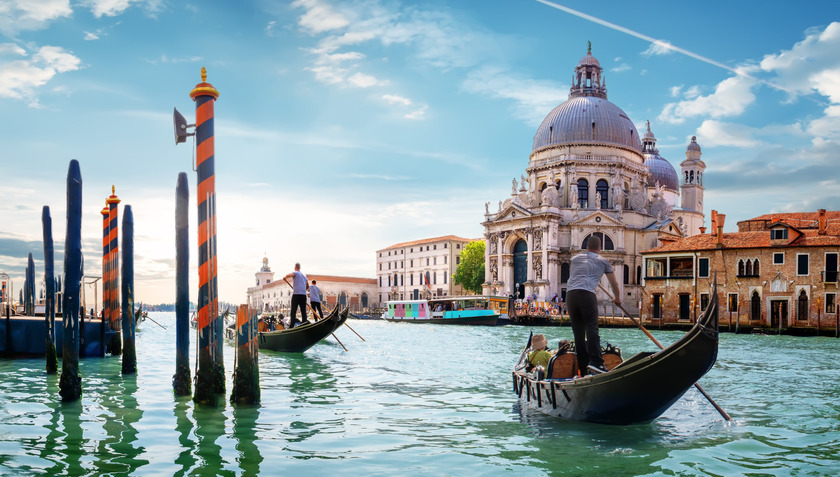
Charging an entrance fee has also been opposed by many locals who believe it would turn Venice into Disneyland, where everyone has to buy a ticket to visit.
Venice, comprising over 100 islands of varying sizes in northeastern Italy, is considered one of the most beautiful cities in the world and was recognized as a UNESCO World Heritage Site in 1987. In 2023, Venice avoided being included on UNESCO's list of endangered heritage sites after the local authorities implemented an entrance fee policy effective from April 25th.
In 2021, Venice banned large cruise ships carrying thousands of passengers from docking, rerouted them to a more distant industrial port, and imposed taxes on overnight guests.

 VI
VI EN
EN



